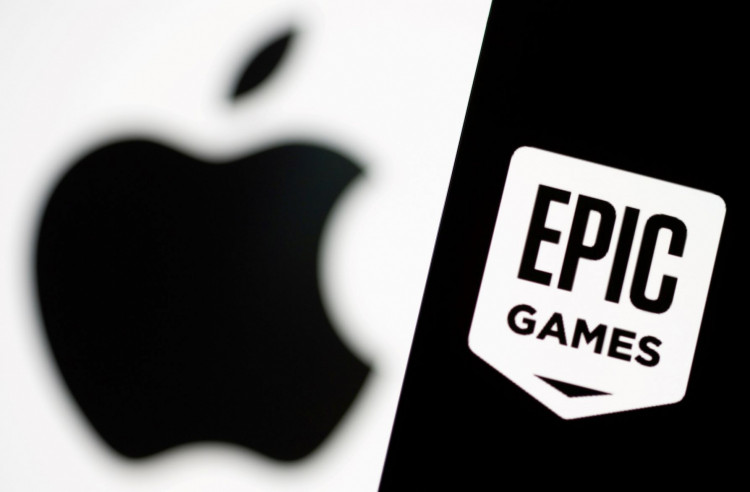Apple has reversed its decision to ban Epic Games, the maker of the popular video game "Fortnite," from launching its own app store on iPhones in Europe. The move comes just a day after European Union officials announced they were investigating the matter, highlighting the immediate impact of the recently enacted Digital Markets Act (DMA) on the competitive landscape.
The dispute between Apple and Epic Games has been ongoing since 2020, when the two companies clashed over Apple's developer terms. As a result, "Fortnite" has been unavailable on iOS for the past three years. However, with Apple's reversal, Epic will now be able to bring the game back to iPhones in Europe.
In a blog post, Epic stated, "Apple has told us and committed to the European Commission that they will reinstate our developer account. This sends a strong signal to developers that the European Commission will act swiftly to enforce the Digital Markets Act and hold gatekeepers accountable."
Apple attributed its change of heart to "conversations with Epic" in which the game developer committed to following Apple's new EU-focused policies. "Epic Sweden AB has been permitted to re-sign the developer agreement and accepted into the Apple Developer Program," Apple said in a statement.
The European Commission had requested information from Apple about the latest allegations, and Thierry Breton, a top EU commissioner, warned on X that "there is no room for threats by gatekeepers to silence developers," identifying Epic's complaint as a priority issue.
The DMA, which went into effect on Thursday, requires app stores to allow app downloads from third-party sources. Apple's solution is a system that allows developers to create all-new iOS apps that function as self-contained app marketplaces.
In its complaint to the European Commission, Epic accused Apple of revoking its approval of a developer account due to Epic's past criticism of the iPhone maker and its deliberate, previous violation of Apple's terms to call out alleged anticompetitive behavior.
Emails published by Epic on Wednesday appeared to support these claims, showing Apple leaders telling Epic they expected the company to intentionally breach Apple's store terms again. Despite Epic CEO Tim Sweeney's written promise to abide by Apple's terms, the company rescinded the developer account.
Initially, Apple publicly justified the move by referencing US court rulings that affirmed its right to terminate Epic's accounts for any reason. However, faced with pushback from EU officials, Apple has now relented, paving the way for Epic and "Fortnite" to become available to players on iOS in Europe once more.
The bad blood between the two companies is far from over, as Apple is demanding more than $73 million from Epic to cover its fees in the US antitrust case over the App Store. A hearing on this demand, which Epic has described as outlandish in court papers, is scheduled for later this month.
The swift action taken by EU regulators in response to Epic's complaint underscores the potential impact of the DMA on the competitive landscape in Europe. As the first major test of these new digital competition rules, the outcome of this dispute signals a shift in the balance of power between tech giants and developers, with the European Commission demonstrating its willingness to intervene and enforce the DMA to promote fair competition in the digital marketplace.






